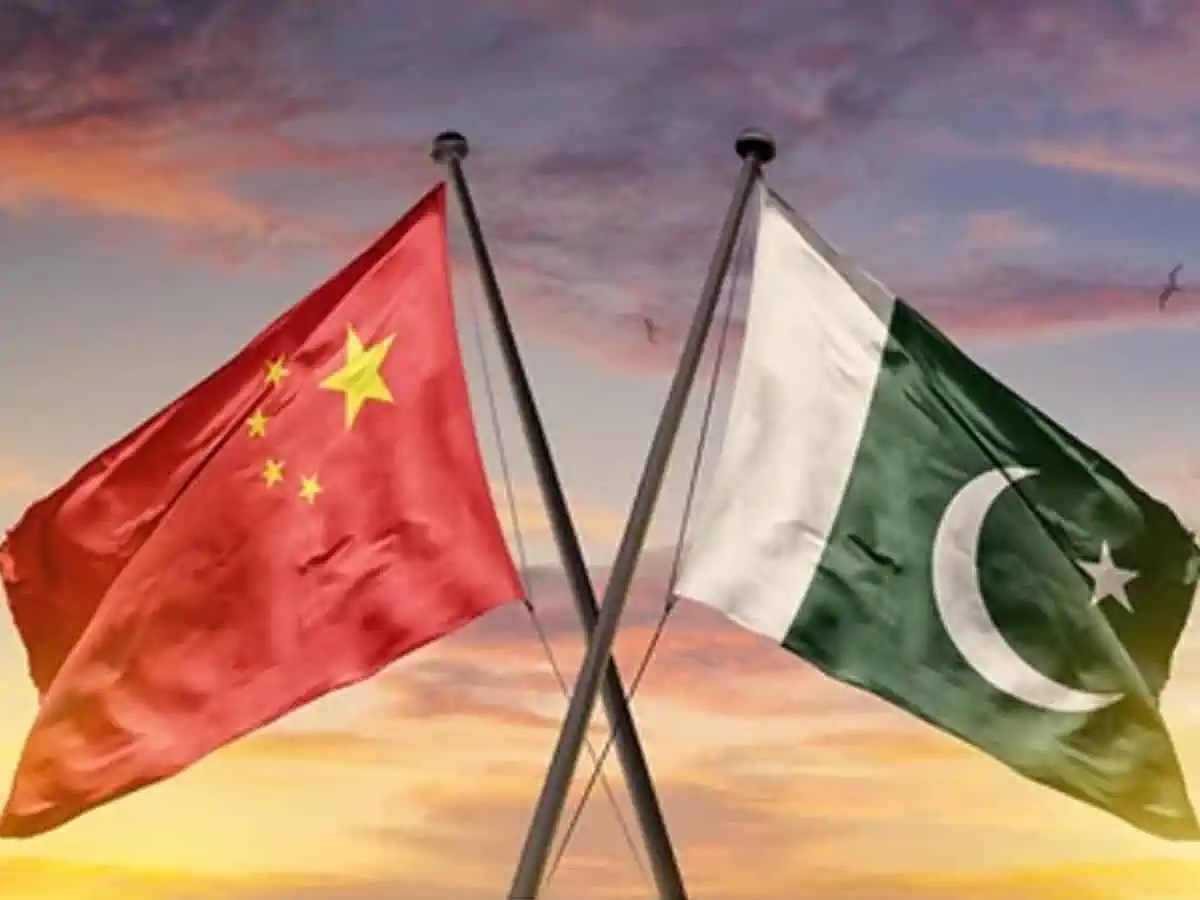Pakistan Reduces Chinese Energy Project Payments
PAK-CHINA-(Special Correspondent/Webdesk): Pakistan has successfully reduced its outstanding payments for Chinese energy projects to $1.4 billion (around Rs391 billion) after committing to fully settle new invoices. This decision may require additional budget allocations or result in delayed payments to other energy facilities.
As of the end of the first quarter of the current fiscal year, the arrears related to China-Pakistan Economic Corridor (CPEC) power projects decreased by Rs10 billion (2.5%) from the end of fiscal year 2024, down from a peak of $1.8 billion. The current liabilities now stand at $1.4 billion.
The issue of unpaid energy costs and returns on equity is a significant concern for China, particularly in light of security issues affecting Chinese nationals in the region. During the recent Joint Cooperation Committee (JCC) meeting, Pakistan committed to achieving 100% tariff settlement for invoices related to projects that commenced commercial operations from FY2024 onward.
At present, Pakistan is processing approximately 88% of invoices from 17 power plants with a combined generation capacity of 8,020 megawatts. Achieving 100% settlement will require considerable additional resources that have not been adequately budgeted. Instead of creating a revolving fund to manage circular debt for Chinese projects, Pakistan has established a revolving account with annual allocations of Rs48 billion.
Chinese investors are also facing challenges in receiving dividends from their $16.3 billion investments. While the central bank claims that all outstanding dividend payments were settled by the end of June 2024, Chinese companies maintain that they have yet to receive these payments.
There are 14 operational power projects under CPEC, collectively generating 8,020 MW and representing an investment of about $16.3 billion. An 870 MW hydroelectric project, valued at approximately $1.7 billion, is under construction and is expected to begin operations next month. Additionally, three projects with a combined capacity of 2,100 MW and total investment of about $4.2 billion have not yet reached financial closure.
Pakistan has sought loans from China for these three plants; however, China is reluctant to provide funding until existing delayed payment issues are addressed. Minutes from the 13th JCC meeting indicate significant delays in progress on the Azad Pattan hydropower project, the Kohala hydropower project, and the Gwadar coal-fired power plant, particularly regarding financial closure.
Pakistan’s failure to make timely payments for electricity purchases from Chinese plants has resulted in caution from Sinosure regarding financing new projects. As of September 2024, outstanding dues to Chinese power plants were Rs391 billion, down Rs10 billion (2.5%) from the previous year.
Notable outstanding amounts include Rs80.2 billion owed to the Sahiwal coal-fired power plant, Rs66.3 billion to the Hub power project, Rs82 billion to the Port Qasim power plant, and Rs62.5 billion to the Thar coal project.
Islamabad is also seeking to restructure its energy debt with Beijing, but China declined to sign any memorandum of understanding during the recent visit of the Chinese prime minister. Chinese companies have expressed opposition to reducing profit margins or renegotiating the 2015 power purchase agreements.
Receivables from other projects remain significant, with Engro PowerGen at Rs38.8 billion, the Matiari-Lahore Transmission Line at Rs16.6 billion, and the Karot power project at nearly Rs12.6 billion by the end of last month. Thar Coal Energy Limited’s payables have decreased to Rs2 billion, ThalNova’s to Rs1.6 billion, and the UEP power plant’s receivables stand at Rs5.5 billion.
Follow us on our social media platforms here: Twitter WHATSAPP CHANNEL FACEBOOK PAGE




Comments are closed, but trackbacks and pingbacks are open.